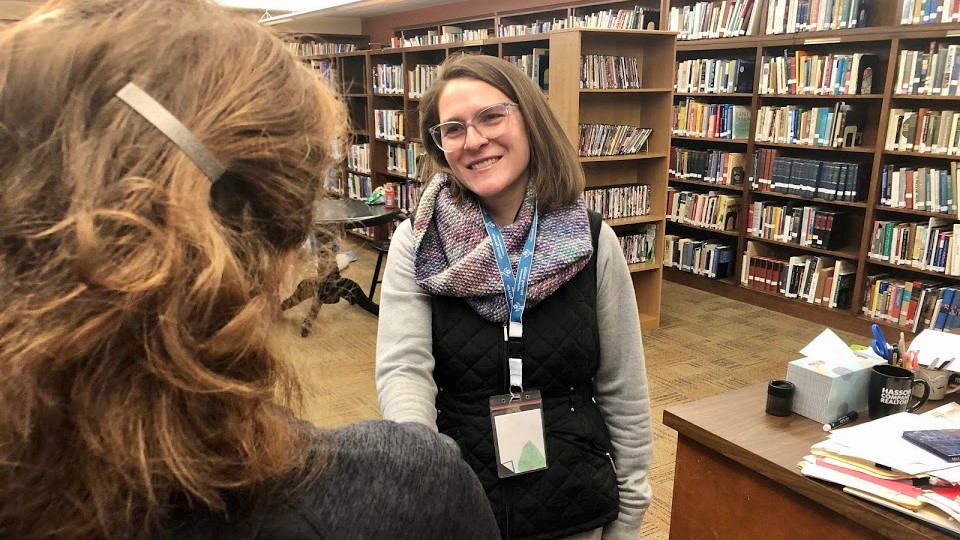I love meeting people who knew my father or my grandparents. I take great pride in the work they accomplished in their lives and in their communities and the lasting relationships they made. And when I meet someone who knew or worked with a family member, it’s like I’m uncovering something new and special about them and about me. In fact, about a year and a half ago, I was getting ready to officiate a bar mitzvah service, and one of the guests stopped me in my tracks when he asked, “Are you Steven Posen’s daughter?” Apparently he’s known my father and my family for years. Here I was, clear across the country from my childhood community, and I was recognized for who I’ve come from.

When I was younger, I used to want to be completely my own person. I’d even get a little frustrated when people would link me to my family, because I thought it meant they were passing judgment or not taking the time to get to know me. Now that I’ve matured some and learned some, I take great pride in being connected to the people who came before me, and I relish the moments people are able to make that connection.
The Torah carries with it the story of our heritage and our Jewish “family” line, and we see that increasingly more clearly as the Israelite nation moves from slavery to freedom. This week we read Parshat Vaera, the second portion in the second book of the Torah. The Israelites are in Egypt, working for Pharaoh, and they’re having decrees levied on them daily, which control all aspects of their lives.
When Moses rises as the leader of the Israelites, he is pressed by God to stand up to Pharaoh, in whose house he was raised, and ask for freedom for himself and his people. God partners with Moses and Aaron to send the first seven plagues and manipulate Pharaoh’s heart as a method of persuasion.
As Moses is getting ready to go to Pharaoh and make his case for the release of the Israelites, he initially has trouble gaining the respect of the very Israelite people he is trying to redeem. Having grown up in the palace, the Israelites are quick to dismiss Moses as “other.” As a pep talk of sorts, the text interrupts the narrative with a genealogical list. Why this departure? Perhaps because this list of people reminds the Israelites that their leaders are not confronting Pharaoh as two anonymous strangers, but as the newest representatives of an illustrious ancestry.
While you cannot rely solely on those in your past to propel you into your future, there are plenty of times when it’s helpful, if not necessary, to remember where you’ve come from. Parshat Vaera is that reminder that you’ve got an entire nation of Israel with you.
– Rabbi Eve Posen



